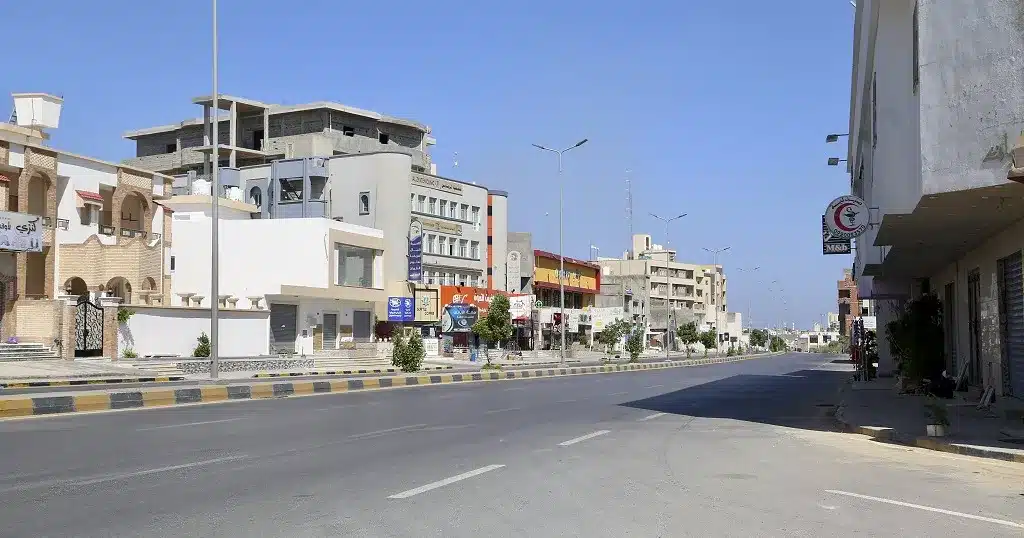For a very long period of enduring years of persistent power outages, residents of Tripoli, the capital of Libya, are now enjoying a stable electricity supply during the summer months. This improvement has led to the illumination of the city’s public spaces at night, signifying a significant enhancement in the quality of life for its residents.
To cope with the recurring power disruptions, many individuals had invested in batteries to power essential appliances. Those with more financial means had acquired powerful yet noisy, polluting, and diesel-dependent generators, which could cost several thousand euros.
Mohamad Rahoumi, the spokesperson for a renowned pastry brand, highlighted the critical connection between reliable electricity and service quality. He emphasized that a consistent power supply eliminates the need for generators or costly production services, leading to stable prices and improved economic returns.
Over the past decade, the General Electricity Company had resorted to lengthy load shedding during peak seasons. Until last year, power cuts lasting up to 20 hours at a stretch were commonplace in the capital, particularly unbearable in scorching temperatures exceeding 40 degrees Celsius, especially for business owners.
For Mohammed al-Maghribi, a butcher, the improved electricity supply has transformed his business. He expressed his delight that customers could now purchase fresh and uncontaminated meat while enjoying the comfort of air conditioning.
Libyan citizen Lotfi Ahmad Aziz acknowledged the significant and evident enhancement in the electric network compared to previous years. However, he noted that some issues related to strengthening the electrical grid still persisted, along with minor concerns. Nevertheless, he expressed gratitude for the notable improvement compared to past years.
Since the fall of Muammar Gaddafi in 2011, Libya has grappled with persistent power shortages, stemming from a damaged electrical infrastructure resulting from armed conflicts and looting. However, with new management at Gecol and a restructuring plan implemented in July 2022, coupled with relative calm following years of war, electricity supplies have greatly improved. This positive development has also encouraged foreign companies to resume projects that had been stalled for years.

